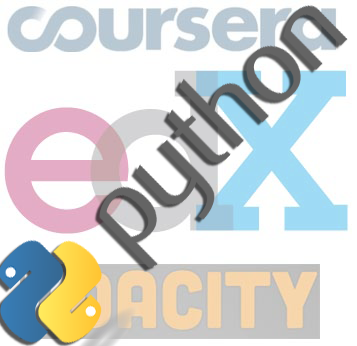Part 1 Continued - Saving to mongodb
I decided to build an online course aggregator and introduced the project in this post, and last week I started part 1 explaining the backend and creating the first provider class for coursera. This post I will dive into the storage engines, initially I created two storage engines; mongodb and postgres using sql alchemy.


